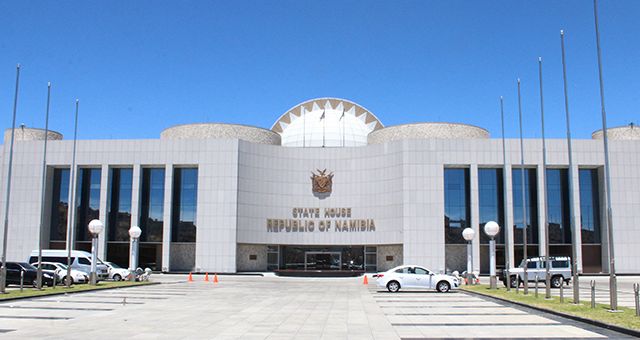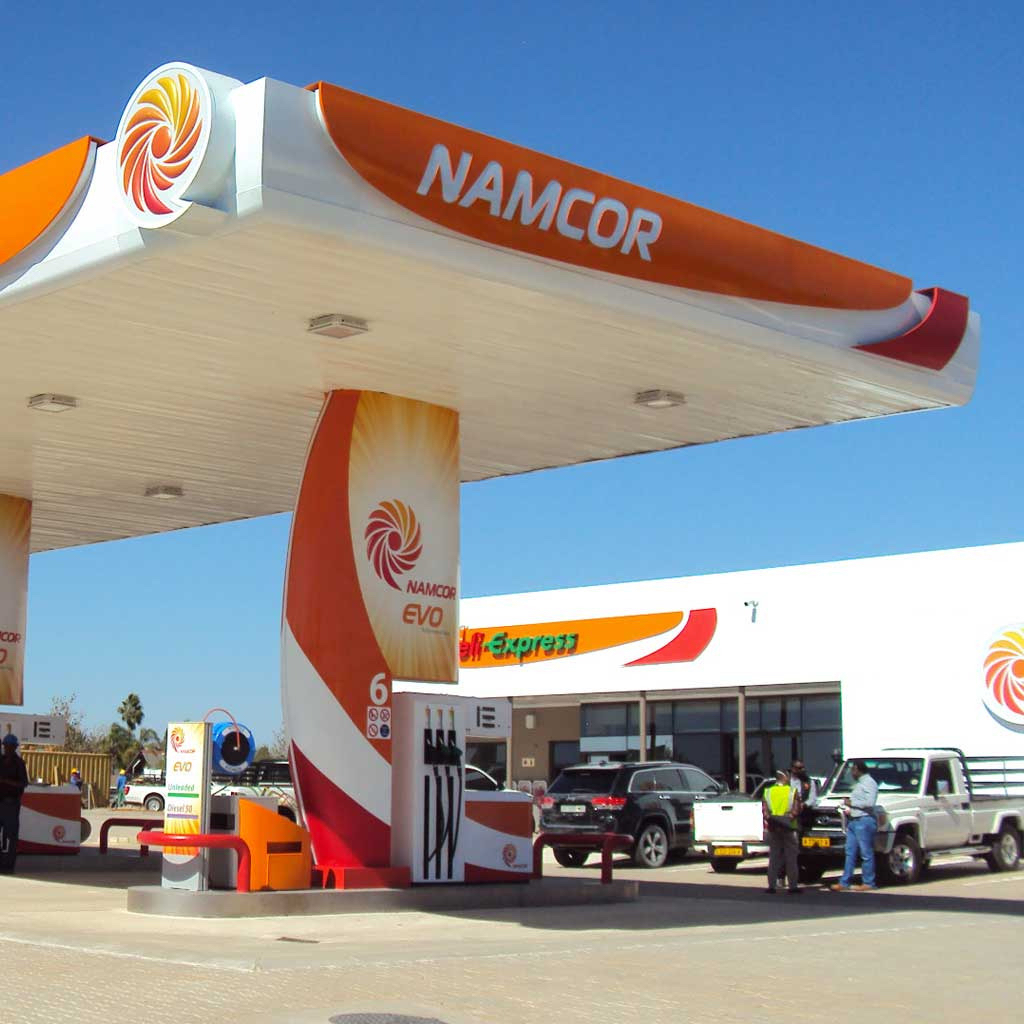NAMIBIA will receive US$304,5 million (about N$2,3 billion) from the US development agency Millennium Challenge Corporation this month.
The Board of Directors of the MCC in Washington on Friday approved a US$ 304,5 million poverty reduction package for Namibia over the next five years, Roy Castillo, Public Affairs Officer at the US embassy in Windhoek, disclosed in a statement. It follows about four years of negotiations.The goal of the support is “to stimulate sustainable economic development by improving Namibia’s education and training sector, increasing productivity of farm enterprises in rural areas, and promoting growth in Namibia’s tourism industry through strategic investments.”The MCC ‘compact’, as it is called by the US agency, is aimed at bolstering the education sector’s effectiveness and efficiency through the improvement of infrastructure and equipment in educational facilities, such as the construction of study and resource centres and the acquisition of textbooks for Grades 5 to 12.”The financial support also will increase incomes and create employment opportunities through strategic investment in Namibia’s ecotourism sector and the Etosha National Park,” according to Castillo.Parts of the N$2,3 billion would be used to enhance the economic performance of the agricultural sector by supporting the construction of five veterinary centres in rural areas.It is also envisaged to finance effective community-based rangeland management practices for farming in rural areas and to advance the business capacity of Namibia’s industry of indigenous natural products.”MCC congratulates the people and Government of Namibia for developing this innovative programme that emphasises the importance of education and training in poverty reduction,” said MCC Chief Executive Ambassador John Danilovich in Washington.”This support deepens Namibia’s ongoing commitment to promoting economic prosperity and the success of its own people,” he said.The governments of the US and Namibia will officially sign the agreement in Windhoek on July 28.Namibia set up a special office in Windhoek for the MCC negotiations and for the management of the envisaged projects.It is headed by Penny Akwenye, who was seconded from the National Planning Commission.Since its inception in 2004, the MCC has approved compacts of over US$6,2 billion (about N$48,3 billion) with 17 other partner countries apart from Namibia: Madagascar, Cape Verde, Honduras, Nicaragua, Georgia, Armenia, Vanuatu, Benin, Ghana, Mali, El Salvador, Mozambique, Lesotho, Morocco, Mongolia, Tanzania and Burkina Faso.It follows about four years of negotiations.The goal of the support is “to stimulate sustainable economic development by improving Namibia’s education and training sector, increasing productivity of farm enterprises in rural areas, and promoting growth in Namibia’s tourism industry through strategic investments.”The MCC ‘compact’, as it is called by the US agency, is aimed at bolstering the education sector’s effectiveness and efficiency through the improvement of infrastructure and equipment in educational facilities, such as the construction of study and resource centres and the acquisition of textbooks for Grades 5 to 12.”The financial support also will increase incomes and create employment opportunities through strategic investment in Namibia’s ecotourism sector and the Etosha National Park,” according to Castillo.Parts of the N$2,3 billion would be used to enhance the economic performance of the agricultural sector by supporting the construction of five veterinary centres in rural areas.It is also envisaged to finance effective community-based rangeland management practices for farming in rural areas and to advance the business capacity of Namibia’s industry of indigenous natural products.”MCC congratulates the people and Government of Namibia for developing this innovative programme that emphasises the importance of education and training in poverty reduction,” said MCC Chief Executive Ambassador John Danilovich in Washington.”This support deepens Namibia’s ongoing commitment to promoting economic prosperity and the success of its own people,” he said.The governments of the US and Namibia will officially sign the agreement in Windhoek on July 28.Namibia set up a special office in Windhoek for the MCC negotiations and for the management of the envisaged projects.It is headed by Penny Akwenye, who was seconded from the National Planning Commission.Since its inception in 2004, the MCC has approved compacts of over US$6,2 billion (about N$48,3 billion) with 17 other partner countries apart from Namibia: Madagascar, Cape Verde, Honduras, Nicaragua, Georgia, Armenia, Vanuatu, Benin, Ghana, Mali, El Salvador, Mozambique, Lesotho, Morocco, Mongolia, Tanzania and Burkina Faso.
Stay informed with The Namibian – your source for credible journalism. Get in-depth reporting and opinions for
only N$85 a month. Invest in journalism, invest in democracy –
Subscribe Now!










